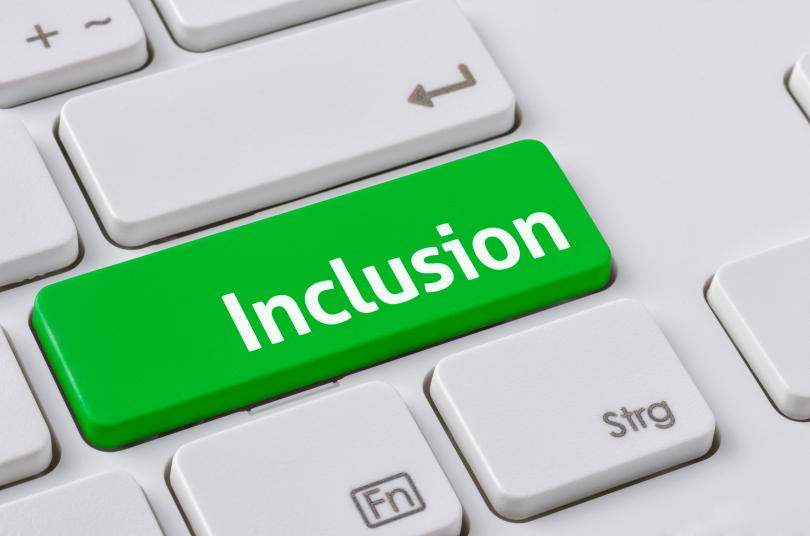
Just how important are digital skills for inclusion?
Digital skills are a way to ensure that everyone can participate, contribute, and benefit in the digital world. Digital skills are equally important for people in the EU and in its partner countries. The European Commission has set targets to ensure that 70% of adults in the EU have basic digital skills by 2025. The ETF’s first communication campaign of 2022 this month focuses on Digital Skills for Inclusion to explore how fundamental they are and the progress being made in the EU’s neighbouring regions with ETF support.
The 2020 EU’s Digital Education Action Plan, focuses on strengthening European societies and economies through high-performing digital education ecosystem and by enhancing digital skills and competences for the digital transformation. This is especially important in helping people overcome the isolation experienced during the pandemic, particularly young people, and to ensure they have the skills and tools to remain connected and engaged in the world around.
Indeed, the European Skills Agenda focuses on developing the skills of individuals and within businesses through sustainable development in which green and digital skills mutually reinforce each other. At the core of the EU’s Skills Agenda are ‘fairness’ based on the European Pillar of Social rights, and ‘resilience’ based on lessons learnt from the Covid-19 pandemic which the ETF brings to all our work.
Stay tuned throughout January to the ETF campaign in which we will have expert discussions featuring in articles, live discussions, blogs on Openspace and our podcasts on the following areas:
- Digital skills for inclusion
What are digital skills for inclusion? And what is digital inclusion? Why do we need it so much? Find out how the ETF is supporting development of digital key competence in education and training using EU tools such as SELFIE and DigComp – the EU Digital Competence Framework. We also support the continuous professional development of teachers and trainers to develop their digital competence and to help them building the digital competence of their learners drawing upon the EU’s Digital Competence Framework for Educators which focuses on distance and online learning, inclusion and on the quality of education provision overall.
- Digital institutional readiness for learners
Who needs digital skills? Everyone, but in a different way! ETF works with many partners in various sectors, enterprises and schools through learning networks, such as the Centres of Excellence in vocational education and training, and the Community of Innovative Educators, and by engaging enterprises in skills development.
- Policy development and reform
We are working with policymakers and shapers in the EU partner countries supporting policy coherence for enhancing digital skills for inclusion and by supporting appropriate measures, for example active labour market measures, to ensure that the digital world leaves no one excluded from learning and working. Moreover, we undertake policy monitoring together with key stakeholders in our partner countries, such as the Torino Process, to support policy progress and reform in education, training and employment.
- Partnership
We work with many organisations at European, national, regional, local and international levels engaged in the development of digital and inclusive education and training, and employment systems. In particular, during 2022 we will be working closely with the International Training Centre of the International Labour Organization on digital inclusion, following up the 2021 Digital Inclusion Summit.
Did you like this article? If you would like to be notified when new content like this is published, subscribe to receive our email alerts.